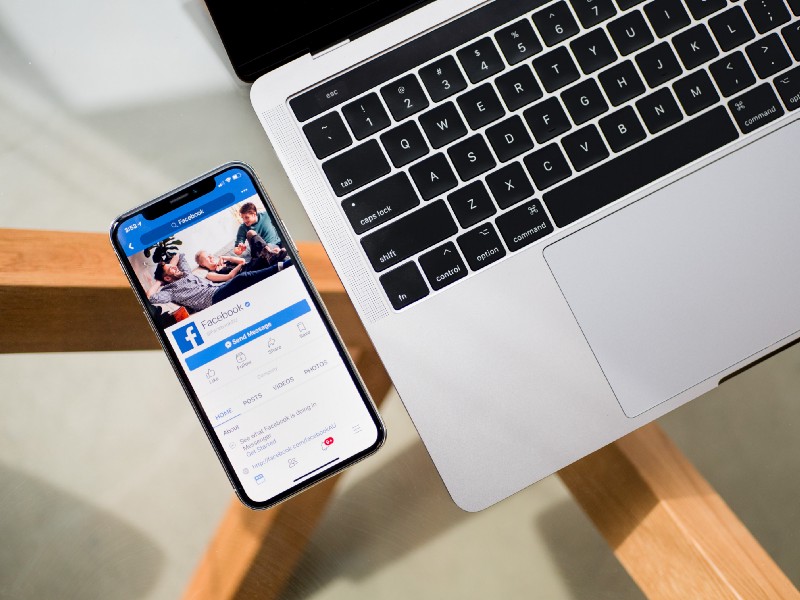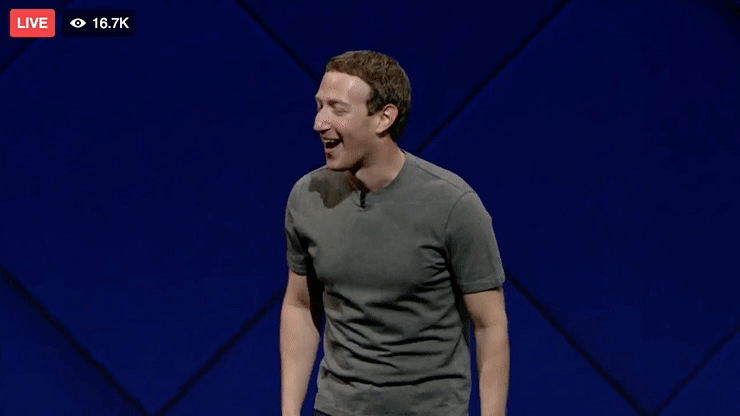Beat Facebook at Their Own Game
( )
)
Unless you’ve been living under a rock for the last few days, you’ve heard the news about Facebook. In a nutshell, a shadowy political consulting firm called Cambridge Analytica gained unauthorized access to copies of private data for approximately 50 million Facebook users, which it used to build in-depth psychographic profiles based on user Likes. One of the most disturbing revelations of this unfolding story has been that when the data that ended up in the hands of Cambridge Analytica was harvested, one of the features of Facebook’s APIs for 3rd party apps, known as “Friends Permission” enabled developers to also collect data on all the user’s Facebook friends. This is just the latest scandal for the tech giant, which has faced criticism in the past for its lax approach to user privacy. The company, which also owns Instagram and WhatsApp, has lost the faith of its users and its lack of transparency in the aftermath of these events has only led to a further loss of trust.
In the words of one now former- Facebook user, Chandni Mistri, in an interview with the San Francisco Chronicle: “It upset me a lot, knowing my data is just out there… I don’t have control over it, that’s the biggest thing. I want to be able to say what my data can and can’t be used for. It should be up to me. … If I want to sell my data, I should be earning from it, not someone else.”
So, where does this leave us? The digital monopolies have access to all our data. They are selling it to advertisers and we have no way to track when, or how it is being used, or benefit from its use. This is where Liberdy enters the picture. Liberdy is an advertising data management platform provider that has harnessed the power of blockchain to create a new and fairer digital advertising economy, where users are paid for the use of their personal information.
.jpg)
Liberdy leverages the benefits of blockchain coupled with new EU regulation, in the form of the GDPR, a new privacy bill. The bill states that as of May 2018, the user is the true owner of his or her personal information, and online businesses gathering and storing user data must make a copy available, in an electronic format.
This startup is taking on the digital giants and ensuring that for the first time ever, users are equal partners in the advertising ecosystem. They can now earn from the data they already share with Facebook, which the company must now provide them with, free of charge. By reclaiming their data and selling it via Liberdy’s data management platform, users get their rightful slice of an incredibly lucrative pie.
It is not only users however, who are under the thumb of digital monopolies. As anyone with a passing acquaintance with the advertising industry knows, a tiny handful of online companies like Google and Facebook control most of our data and any advertiser hoping to exploit this rich store of first hand data have been held hostage to these companies’ demands. Yet, Liberdy is disrupting the status quo with top quality, consent-based data that is verified and timestamped. Having received consent from data owners, the company uses artificial intelligence sophisticated analytics processes to aggregate and segment data for sale to advertisers.

Liberdy provides advertisers with accurate, reliable data, the keystone of the $230 billion a year ad industry, which up to now was not available beyond the walled gardens of Facebook and Google.
Advertisers need to be able to trust in the fact that they are receiving accurate, consent- based first hand data. Equally, users must be able to trust that their data is being handled fairly and responsibly and that the mechanisms for paying for and sharing their information are as transparent as possible.
The issue of trustworthiness has been at the heart of the ongoing Facebook scandal and the ability of blockchain to answer the need for trust is what makes this emerging technology so exciting. Blockchain offers transparency and the ability to track all network activity, since all transactions are publicly recorded. All users can trace exactly what is being paid for and who is doing the purchasing, while marketers buying data can successfully track audience and targeting information.
Blockchain technology ensures powerful encryption and transactions, once executed, cannot be reversed, further enhancing the innate worthiness of the system. It is a consensus-based network, which is completely decentralized, with no single company able to control the flow of transactions, making fraud virtually impossible.
Liberdy’s consent-based platform, built on the blockchain enables users to profit from the information they already share with the likes of Google and Facebook with complete peace of mind. The company also keeps a record of all data that is shared on the blockchain, so every time the advertiser makes a data purchase, the user’s account balance is automatically updated using smart contracts. This means the user knows exactly who has their data and what information they are using.
In addition, Liberdy does not share identifiable information and the system is bulletproof in this regard, as a result of the inherent protections offered by blockchain technology and its encryptions. The user is sharing anonymous behavioral data, which cannot be traced by the data buyer directly to an individual.
The digital advertising world is at a crossroads. Without a doubt, greater efforts need to be made by the monopolies that control much of our personal information. However, users also need to take the reins with regard to their own data, managing their rights and making sure that they also benefit from its use.
For more information please visit our Telegram: https://t.me/liberdy
This is a great article - We will have to work hard to wake the rest up from the "matrix".. I'm going to check Liberdy out now. Thanks!